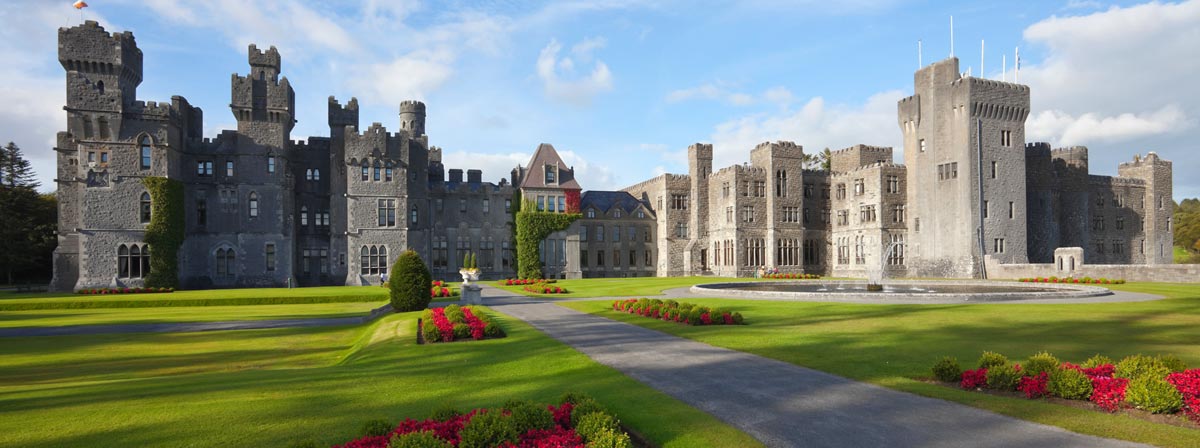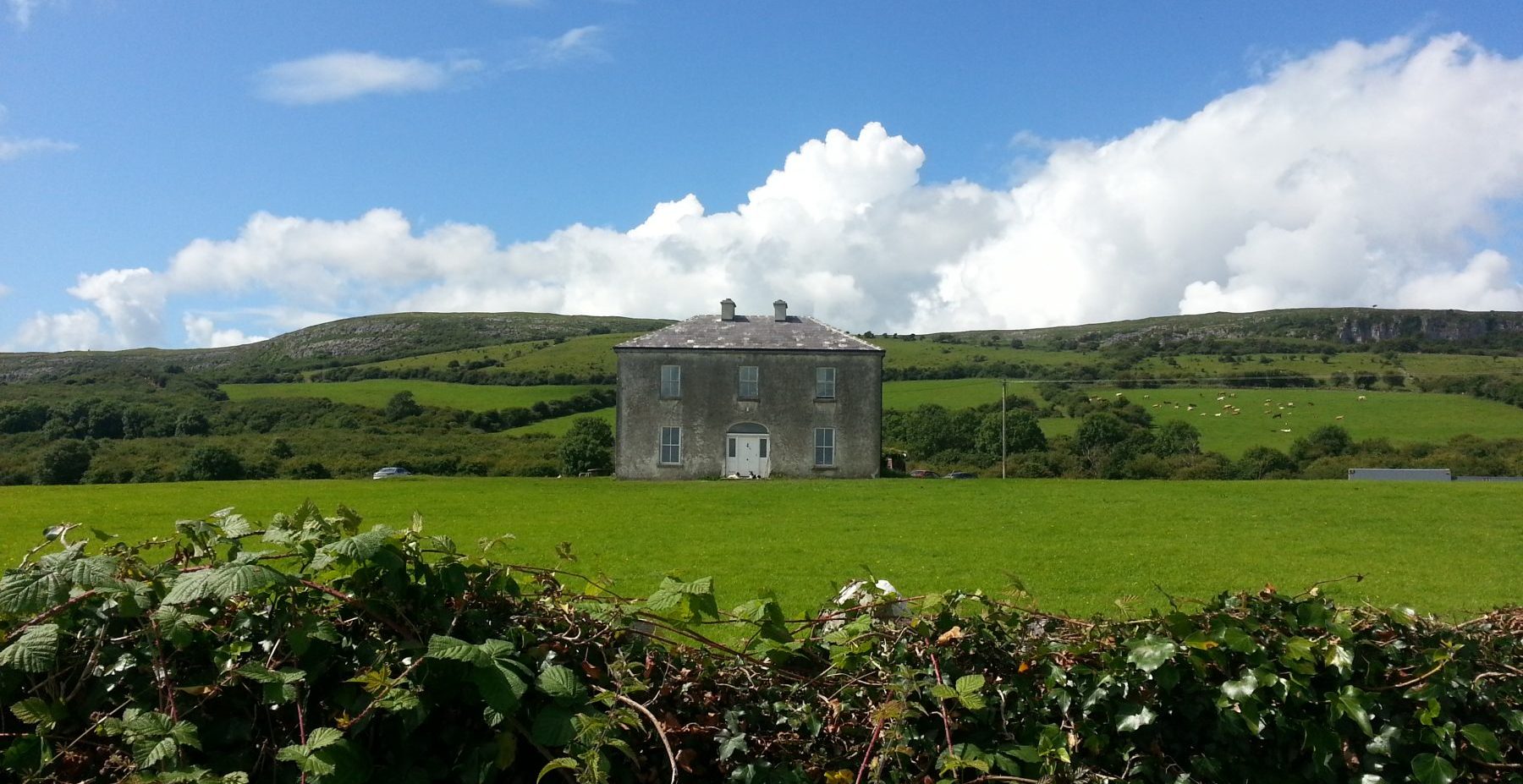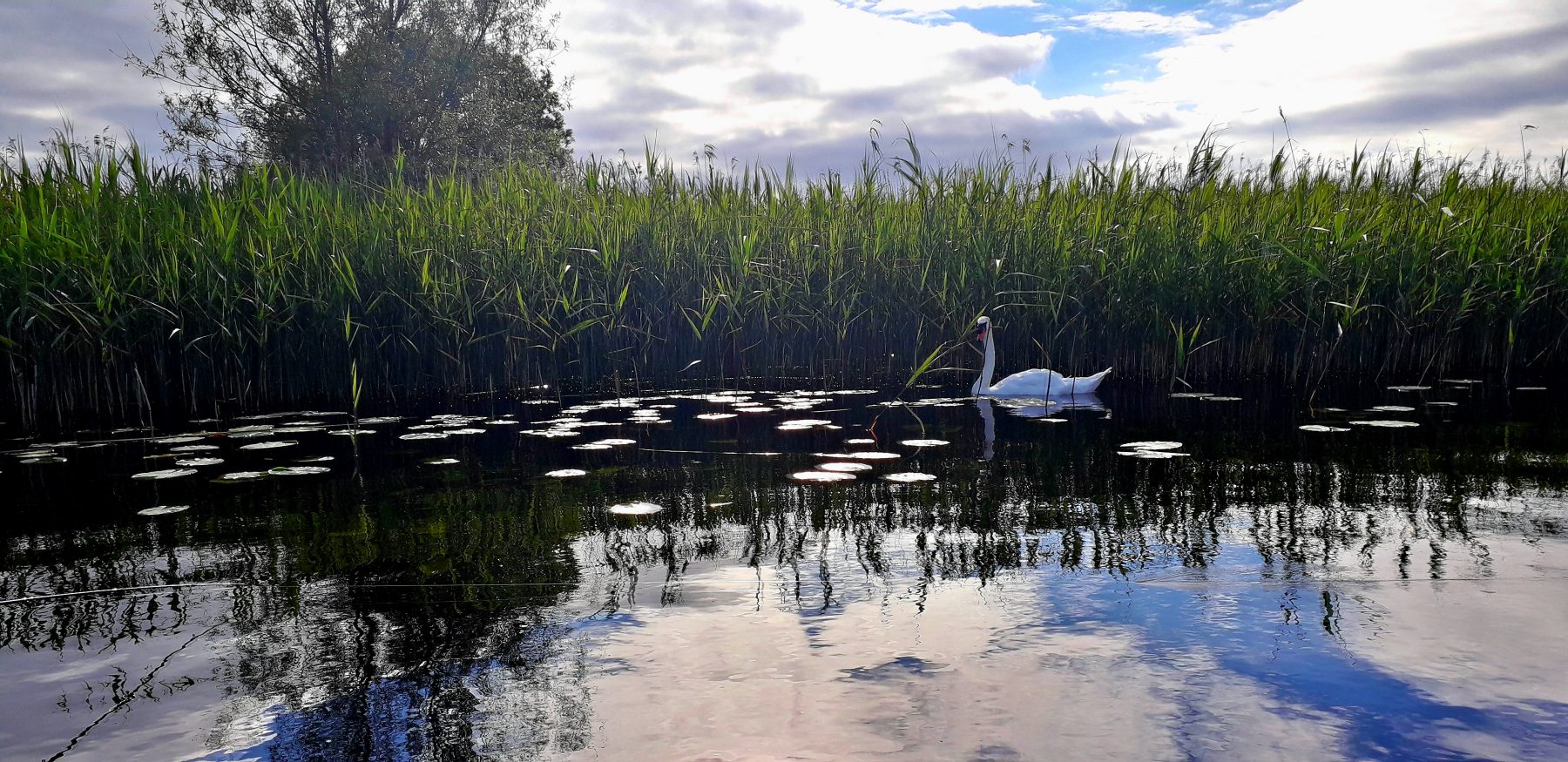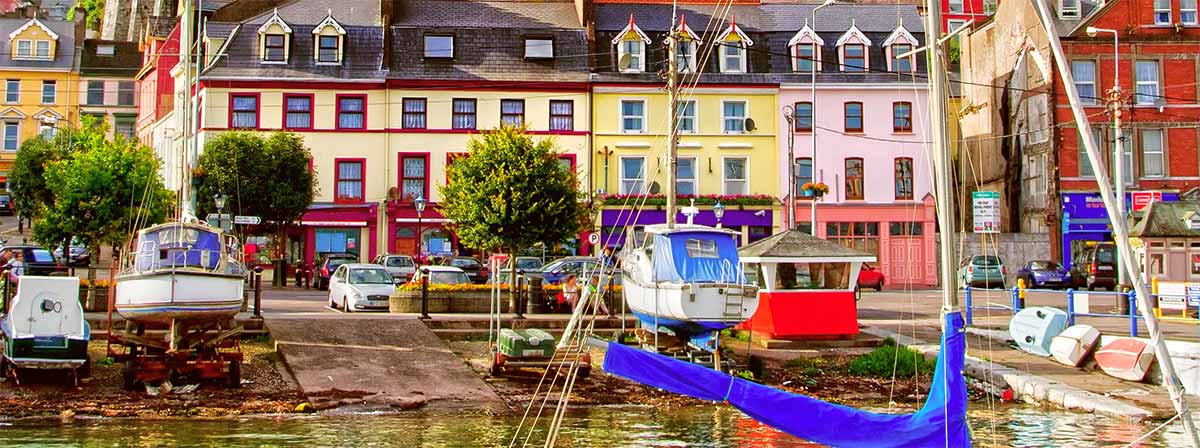
Known internationally as a land of rich culture, ancient folklore and live music, the Emerald Isle is an attractive expat destination. With its thriving economy, excellent education system and striking natural beauty, moving to Ireland will be a wonderful chapter in your life. From tales of warrior battles to pirate queens, from Joyce to Wilde, you’ll find its cultural richness reflected in the heart and spirit of the Irish people. Famously warm and extremely friendly, the Irish are very welcoming. Although their colloquialisms and eccentricities will certainly take some getting used to, it won’t be long before you’ll find yourself speaking like a local and looking for the ‘craic!’

The Irish, known for their storytelling capabilities and sense of humour, enjoy playing with the English language. Their colloquialisms and quirky greetings are prime examples of this. In fact, Ireland is probably the only country in the world where you can ask a police officer ‘Any craic?’ and not get arrested. Simply put, ‘craic’, is another way of saying ‘fun’. It may also be used as a greeting in place of ‘hello’. Another common Irish greeting is ‘How are you?’ This is not to be confused with an enquiry about your well-being; it is simply another way to say ‘hello’. To add to the confusion, the correct response to ‘How are you?’ is ‘How are you?’ Upon relocating to Ireland you’ll find that the extremely inquisitive welcoming phrases are not the only oddity of local parlance. In fact, there are countless other examples of the Irish vernacular, most of which – though very entertaining – are likely to cause some confusion when you first move in. To familiarise yourself before your move to Ireland, or even just for a chuckle, you can visit:
irelandbeforeyoudie.com/irish-slang-top-80-most-used-expressions/
A little-known fact about Ireland is that it has not one but two official languages. Irish or Gaelic is one of the two officially recognised languages of our country; the other is English. Countless visitors are baffled to discover an alien language displayed on signs before they have even left the airport. All signposts and public transport routes on buses and trains you’ll encounter after moving to the Republic of Ireland will have the place names displayed in both Irish and English. English remains spoken as most people’s first language, but there are a few regions in the country where Irish is spoken as a mother tongue. These are known as Gaeltacht areas and are wonderful places in which to explore authentic Irish culture and tradition. If you’re interested in learning a cúpla focal – or a few words – before you move, the DuoLingo app has a good Irish language programme.

It should not come as a surprise that the country which produced some of the most recognisable authors would pay great attention to its education system. If you consider relocating to Ireland for educational purposes, or you’re moving with kids, then you’ll be glad to find that the Republic of Ireland provides high-quality state-funded education at all levels. From preschool to university level, expats can rest assured that their children’s education will be more than sufficient. Under the ECCE (Early Childhood Care and Education) programme, children from three years of age are entitled to two full academic years of preschool education. For primary school, children may attend from four years of age, but must, by law, attend by six years of age. The majority of schools in Ireland are state-funded and are under the patronage of the Catholic Church. All schools, irrespective of their patronage, will accept children of any or no faith. Educate Together schools are state-funded and co-educational.
Expats should be aware that Irish is a compulsory subject in all primary schools. Taught in conjunction with the national English and literacy curriculum, Irish is taught in a very child-centred way. Exemptions are possible for children of eleven years or older, and for children with some learning difficulties. For more information about the education system in Ireland visit:
expatarrivals.com/europe/ireland/dublin/international-schools-dublin
Moving to Ireland and adjusting to the way of life here will be an unforgettable journey. You will grow to understand the culture and ‘the craic,’ and you will soon know why it is the land of 100,000 welcomes. In such stark contrast to the all-too-often dull and grey Irish weather, are the friendly, warm and colourful characters of each city and town. Indeed, while seeing the charming Cliffs of Moher might be a good reason to visit the Ireland, moving there to stay will have more to do with the inviting atmosphere of Irish cities.

While comfortably existing as a modern European country, and with all the advantages that come with it, Ireland, and all of her cities have somehow retained the charm and character of a small village. It is the people here that make the difference. Perhaps it is as a result of their past relationship with emigration, or perhaps it is simply in their nature, but making others feel at home is an undeniable part of the Irish identity. The thriving economy here means Irish people can open the door to the international community. A large, flourishing and ever-expanding expat community exists here, and in a country of such heart and genuine warmth, it isn’t difficult to see why you might like to call this little island home.
 Transportation in Ireland
Transportation in IrelandPublic Transportation in Ireland Ireland has three major airports, Dublin, Shannon and Cork, and…